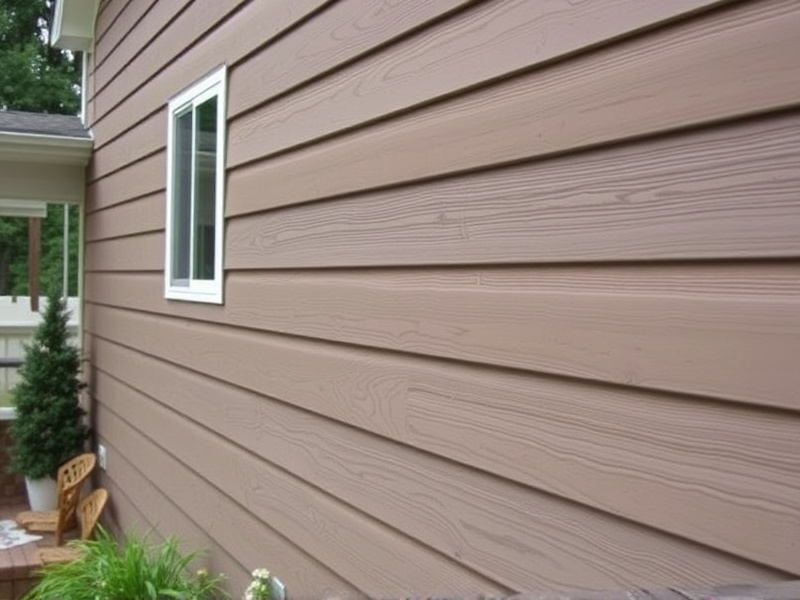Our Location
304 North Cardinal St.
Dorchester Center, MA 02124

Composite decking has been gaining popularity in recent years due to its durability, low maintenance requirements, and aesthetic appeal. While traditionally used for decks, composite materials are increasingly being considered for siding applications. This comprehensive guide will walk you through the steps of installing composite decking as siding, including tips on choosing the right type, preparing the surface, and maintaining the siding over time. Real-world examples and FAQs will help illustrate the process.
When selecting composite decking for siding, it is essential to consider several factors. First, look for products specifically designed for vertical applications, as these are engineered to handle the additional stresses associated with siding. Brands like Trex and Fiberon offer specialized siding solutions that are more resistant to warping and fading when installed vertically. Additionally, choose a product with a high UV rating to prevent color fading over time. For instance, Trex Transcend offers a fade-resistant warranty, making it an excellent choice for siding.
Before installing composite decking as siding, ensure the surface is clean and dry. Remove any existing siding or debris, and repair any damage to the underlying structure. It’s crucial to have a flat, level surface to ensure proper installation. Use a chalk line to mark out the vertical lines where each board will be placed. This helps maintain straight lines and consistent spacing throughout the project. For detailed instructions, refer to the manufacturer’s installation guide, such as Fiberon’s Installation Guide.
Begin by attaching horizontal furring strips to the wall using screws or nails. These strips provide a stable base for attaching the composite boards. Start at the bottom of the wall and work your way up, securing each board with screws. Ensure the boards overlap slightly to create a weather-tight seal. Leave a small gap between boards to allow for expansion and contraction. For a professional finish, use trim pieces at the corners and edges. For step-by-step visuals, consult resources like Family Handyman’s guide.
To keep your composite siding looking its best, regular cleaning is essential. Use a mild detergent and water to wash the siding every few months, especially in areas prone to dirt buildup. Avoid harsh chemicals, as they can damage the surface. Inspect the siding annually for any signs of wear or damage, and make repairs promptly. For example, if a board becomes loose, tighten the screws or replace the board entirely. Regular maintenance not only enhances the appearance but also extends the life of your siding.
Many homeowners have successfully installed composite decking as siding, achieving a modern and durable look. For instance, Houzz showcases various projects where composite siding adds value and beauty to homes. These examples demonstrate the versatility and effectiveness of composite decking in siding applications.
Composite decking offers a practical and stylish solution for siding applications. By following the steps outlined in this guide, you can achieve a beautiful and long-lasting exterior for your home. Remember to choose the right type of composite decking, prepare the surface thoroughly, and maintain the siding over time to ensure its longevity.